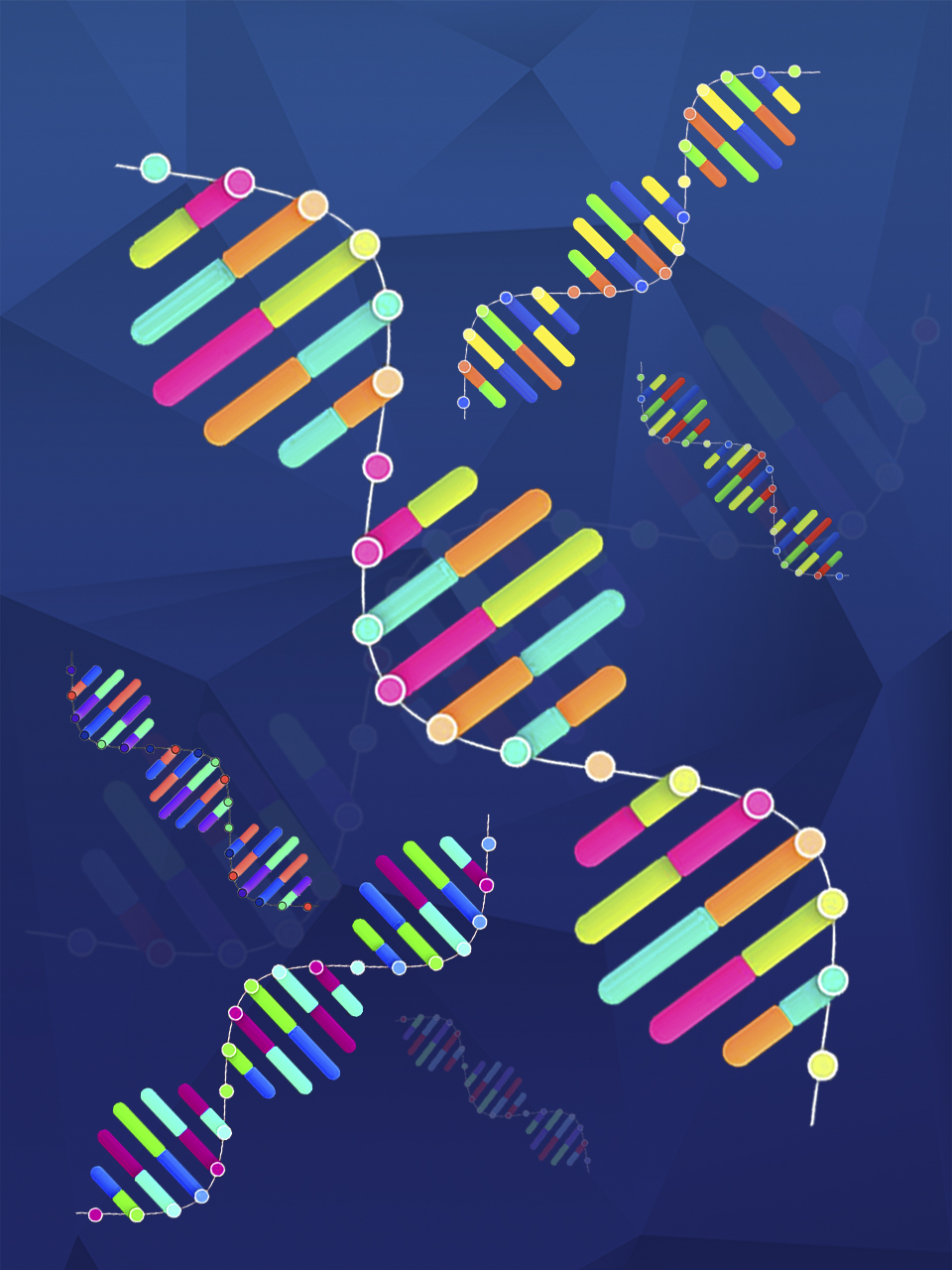Human geneticists apologize for past involvement in eugenics, scientific racism
By Rodrigo Pérez Ortega,
Science
| 01. 24. 2023
The American Society of Human Genetics (ASHG) apologized today for the participation of some of its early leaders in the eugenics movement, as well as the group’s failure to acknowledge and oppose other past harms and injustices in the field of genetics.
The apology stems from a yearlong ASHG project that resulted in a 27-page report documenting instances of injustices. They range from ASHG leaders who supported forced sterilization to the organization’s silence when genetics was used to justify discrimination against Black people. The findings are “painful” but need to be shared widely, says Brendan Lee, a pediatrician and a geneticist at Baylor College of Medicine and president of ASHG, which has some 8000 members. “How do you build trust if you don’t express remorse and decry what has really gone on inappropriately in the past?”
“It’s been a long time coming,” adds Sarah Tishkoff, a geneticist at the University of Pennsylvania and member of an expert panel that helped guide the report. “And much needed.”
Like many groups and institutions, ASHG was galvanized to expand on its diversity and...
Related Articles
By Arthur Lazarus, MedPage Today | 01.23.2026
A growing body of contemporary research and reporting exposes how old ideas can find new life when repurposed within modern systems of medicine, technology, and public policy. Over the last decade, several trends have converged:
- The rise of polygenic scoring...
By Stephanie Pappas, LiveScience | 01.15.2026
Genetic variants believed to cause blindness in nearly everyone who carries them actually lead to vision loss less than 30% of the time, new research finds.
The study challenges the concept of Mendelian diseases, or diseases and disorders attributed to...
By David Cox, Wired | 01.05.2026
As he addressed an audience of virologists from China, Australia, and Singapore at October’s Pandemic Research Alliance Symposium, Wei Zhao introduced an eye-catching idea.
The gene-editing technology Crispr is best known for delivering groundbreaking new therapies for rare diseases, tweaking...
By Josie Ensor, The Times | 12.09.2025
A fertility start-up that promises to screen embryos to give would-be parents their “best baby” has come under fire for a “misuse of science”.
Nucleus Genomics describes its mission as “IVF for genetic optimisation”, offering advanced embryo testing that allows...




